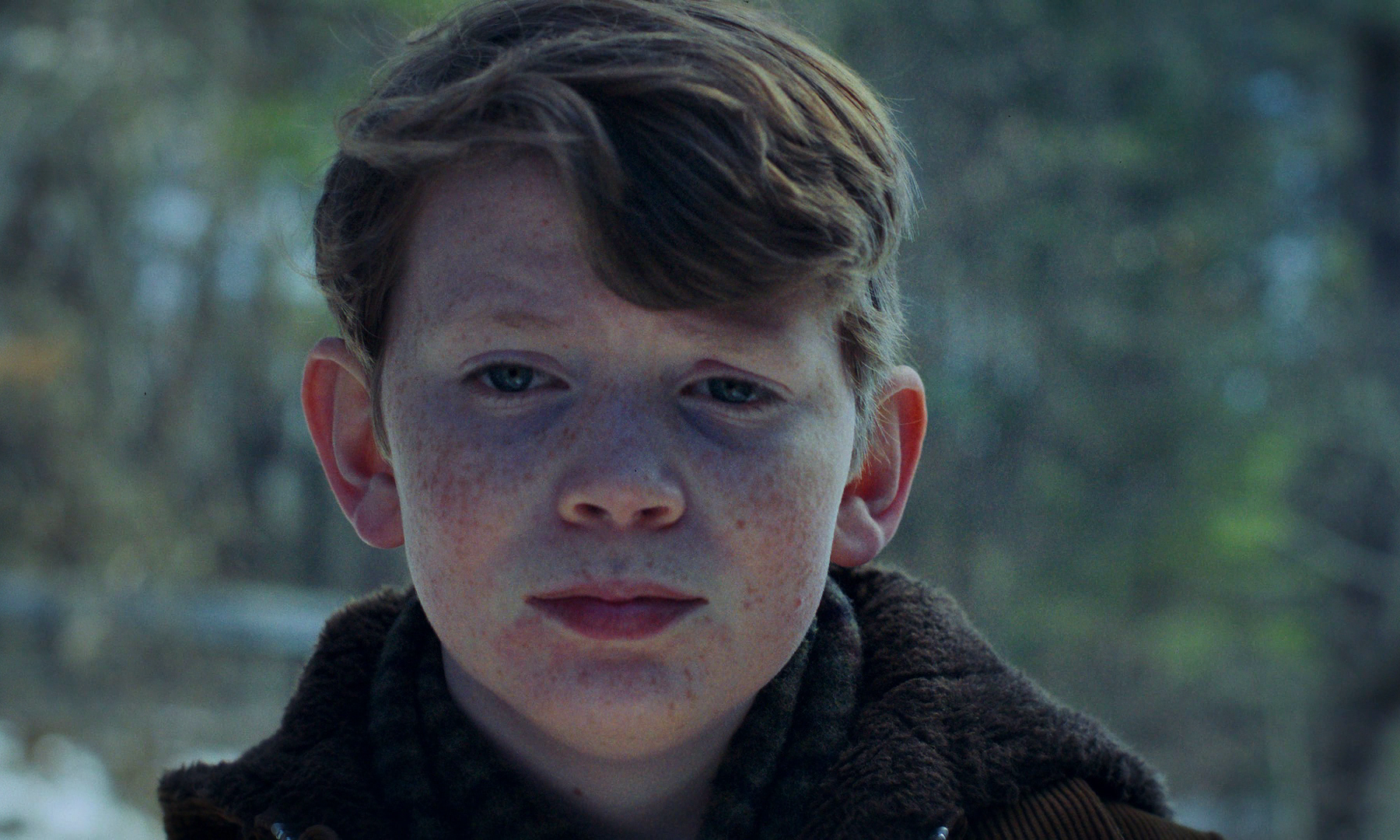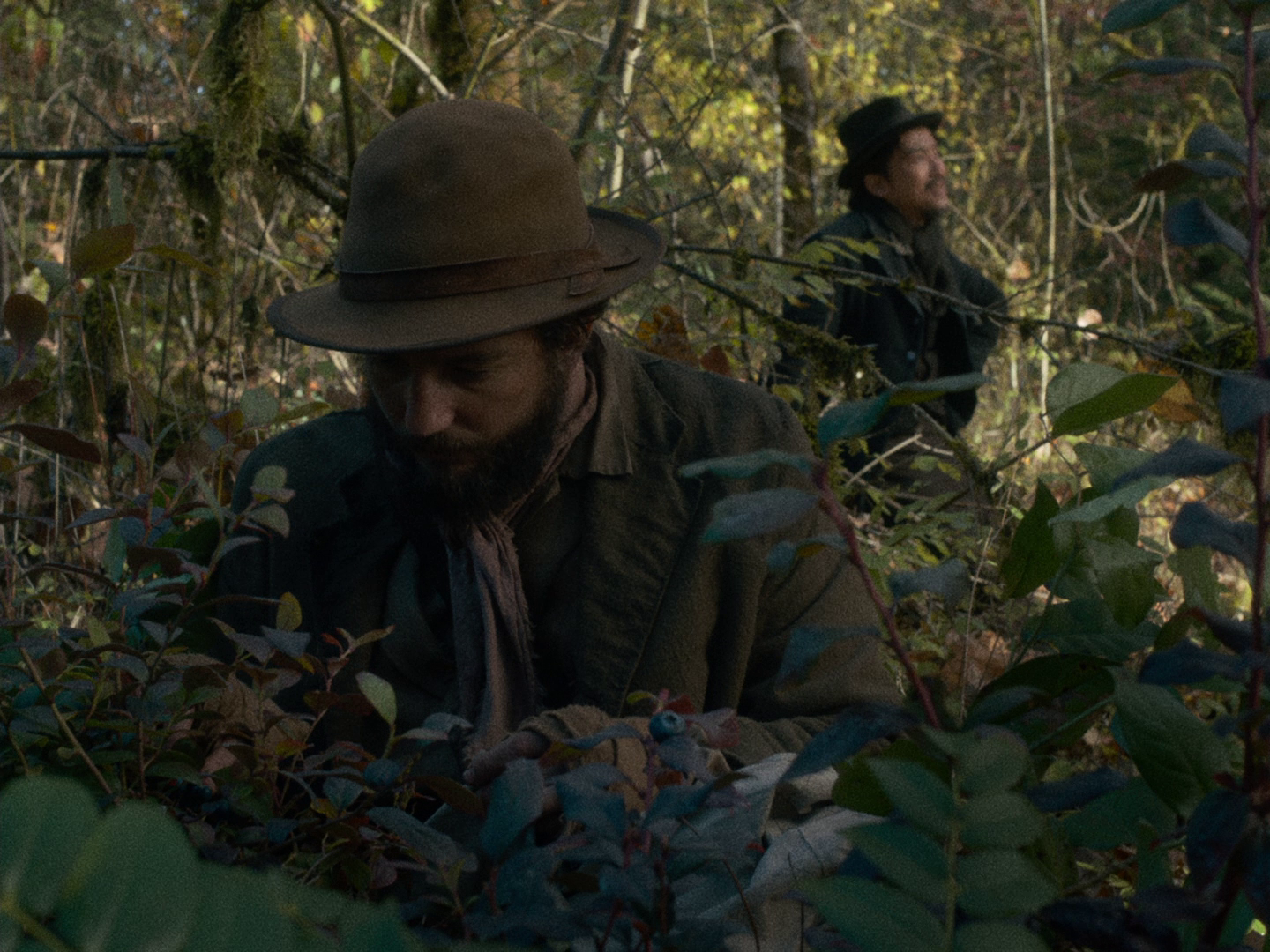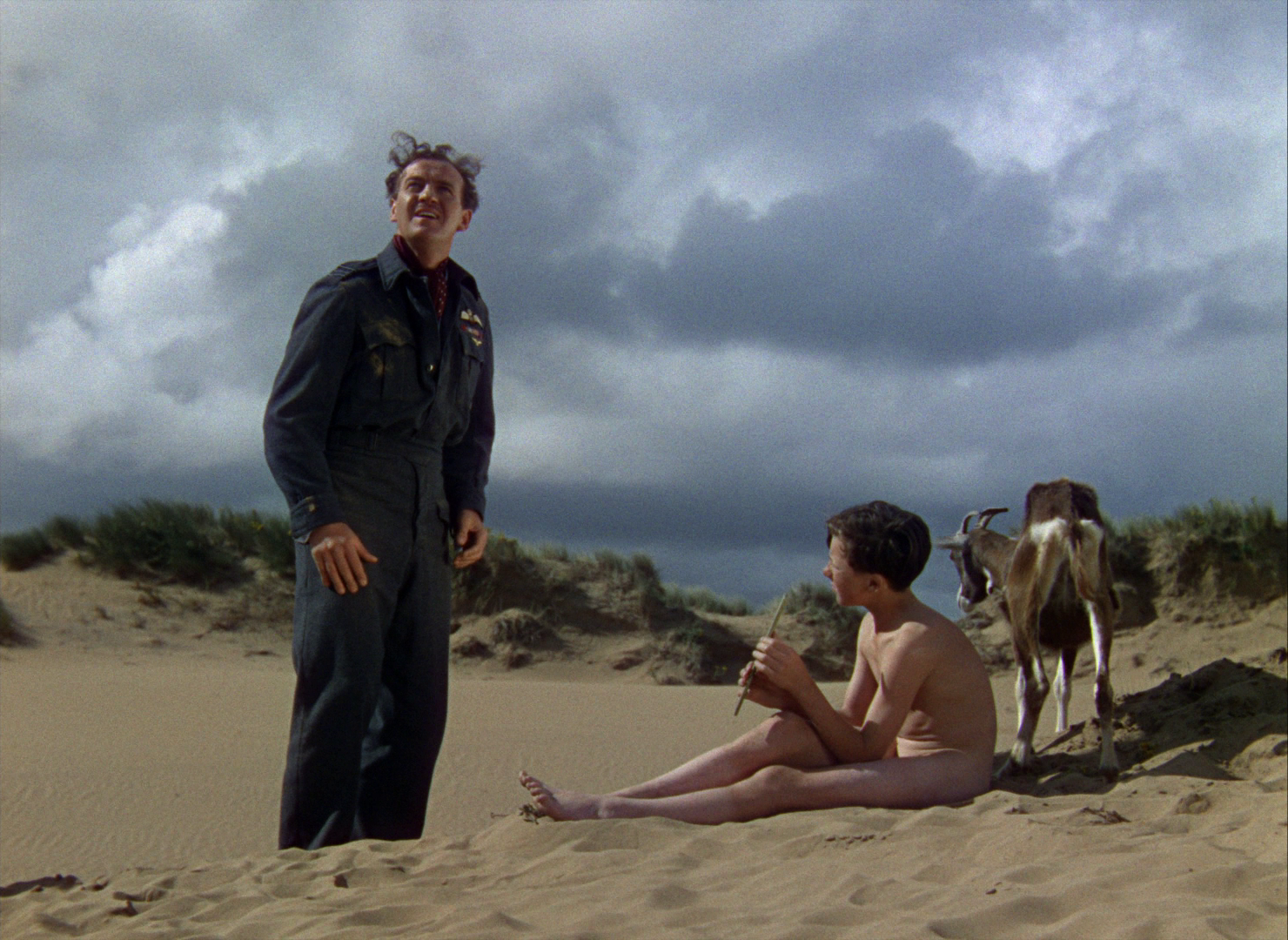The Holdovers (2023) [Collector’s Edition] – Blu-ray + DVD + Digital Code

****/**** Image A Sound A Extras B-
starring Paul Giamatti, Da’vine Joy Randolph, Dominic Sessa, Carrie Preston
written by David Hemingson
directed by Alexander Payne
 by Walter Chaw It was never like this, but it’s how I remember it: snow on the ground, ice in patches, a well-appointed office wall-to-wall with books, a fireplace, and me and a classmate, a dear friend, doing an independent study with my favourite professor. I have looked my whole life for my people. I think sometimes they are the fragments I shore against my ruins, that thing T.S. Eliot said to describe the whole of Western civilization informing his writing–but thinking of them as fragments seems wrong. Just as how their spark in my life is not the holding me up but the giving me a reason to want to persist. It would be so much easier not to. I saw an old friend the other day, and he told a story about how I said something to him once that aided him when he was at his lowest point. I didn’t remember saying it, though I remembered the feeling of fear I had for him at the time and was moved to tears that I had helped him as he had so often helped me. You can’t really know the wake you leave behind as you go. My favourite poem is William Wordsworth’s “Lines Written a Few Miles above Tintern Abbey”, particularly for how it speaks of the “best portion of a man’s life, his little, nameless, unremembered acts of kindness and love.” This line has meant different things to me at different times in my life. I wonder what it means to me now.
by Walter Chaw It was never like this, but it’s how I remember it: snow on the ground, ice in patches, a well-appointed office wall-to-wall with books, a fireplace, and me and a classmate, a dear friend, doing an independent study with my favourite professor. I have looked my whole life for my people. I think sometimes they are the fragments I shore against my ruins, that thing T.S. Eliot said to describe the whole of Western civilization informing his writing–but thinking of them as fragments seems wrong. Just as how their spark in my life is not the holding me up but the giving me a reason to want to persist. It would be so much easier not to. I saw an old friend the other day, and he told a story about how I said something to him once that aided him when he was at his lowest point. I didn’t remember saying it, though I remembered the feeling of fear I had for him at the time and was moved to tears that I had helped him as he had so often helped me. You can’t really know the wake you leave behind as you go. My favourite poem is William Wordsworth’s “Lines Written a Few Miles above Tintern Abbey”, particularly for how it speaks of the “best portion of a man’s life, his little, nameless, unremembered acts of kindness and love.” This line has meant different things to me at different times in my life. I wonder what it means to me now.



